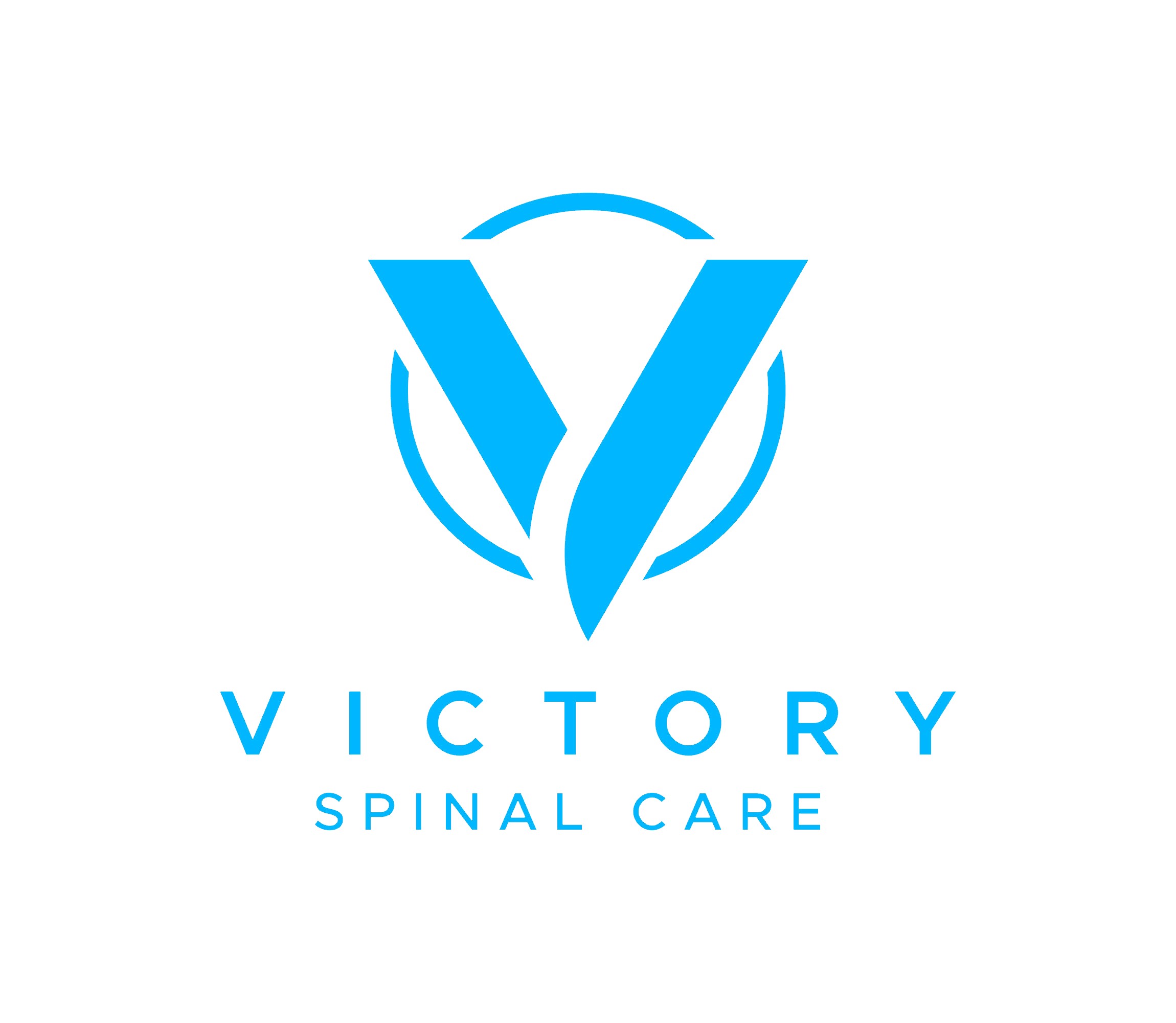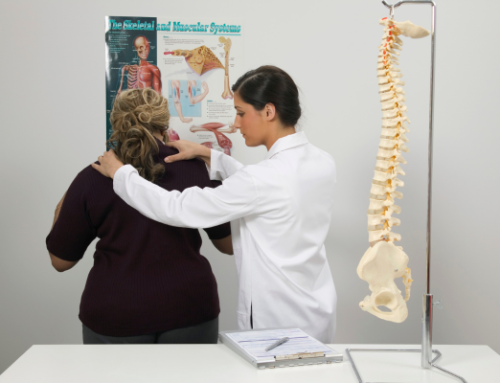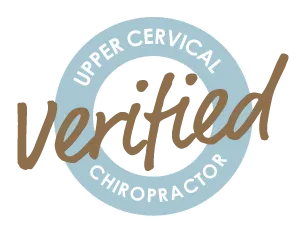 There has been a connection seen between vertigo and injuries to the head and neck. An injury of this sort—whiplash, car accidents, sporting injuries, falls—can cause a misalignment in one of the top two bones of the neck, the C1 and C2 vertebrae. If someone chooses not to seek care for this type of injury, it can lead to all sorts of health problems down the road, including vertigo. This type of misalignment can affect the ears and the balance system of the body. How does this happen?
There has been a connection seen between vertigo and injuries to the head and neck. An injury of this sort—whiplash, car accidents, sporting injuries, falls—can cause a misalignment in one of the top two bones of the neck, the C1 and C2 vertebrae. If someone chooses not to seek care for this type of injury, it can lead to all sorts of health problems down the road, including vertigo. This type of misalignment can affect the ears and the balance system of the body. How does this happen?
If the upper neck vertebrae have become misaligned, the head—weighing as much as 14 pounds—can become off balance. This causes what is called righting reflex. Basically, this means the body compensates for the imbalance by shifting muscles, tissue, and so on, to keep the eyes level with the horizon line. This begins with a change in the fluid of the ear canals. Pressure from the misalignment is exerted on the brainstem, causing the nervous system to malfunction, and improper signals are sent to and from the brain and body.
To learn more about the connection between head and neck injuries and vertigo download our complimentary e-book How to Naturally Relieve Vertigo without Drugs by clicking the image below.

A part of what the brainstem does is interpret signals that help a person maintain his or her balance. In order to do this, it relies on the information being sent from the inner ear via the vestibular nerve (one of the cranial nerves). If this is disrupted due to a misalignment, the end result is vertigo.
Help for Vertigo Sufferers
In view of the above information, it would be a good idea for a person who has undergone some sort of head or neck trauma to seek the care of an upper cervical chiropractor. We have been highly trained in detecting these kinds of misalignments. We use a gentle method to allow the bones to move back into alignment more naturally. This lets the body begin repairing the damage done. The fluid of the inner ear can now be regulated, and proper signals about where the body is located in its environment can be transmitted via the brainstem that is now functioning at its optimum. This is often all that is required to alleviate vertigo symptoms.
To schedule an Upper Cervical Care consultation call 573-334-0100 or just click the button below.








